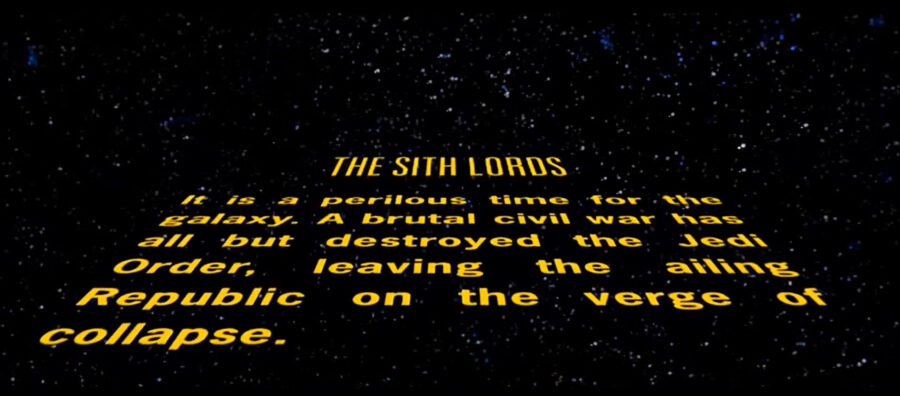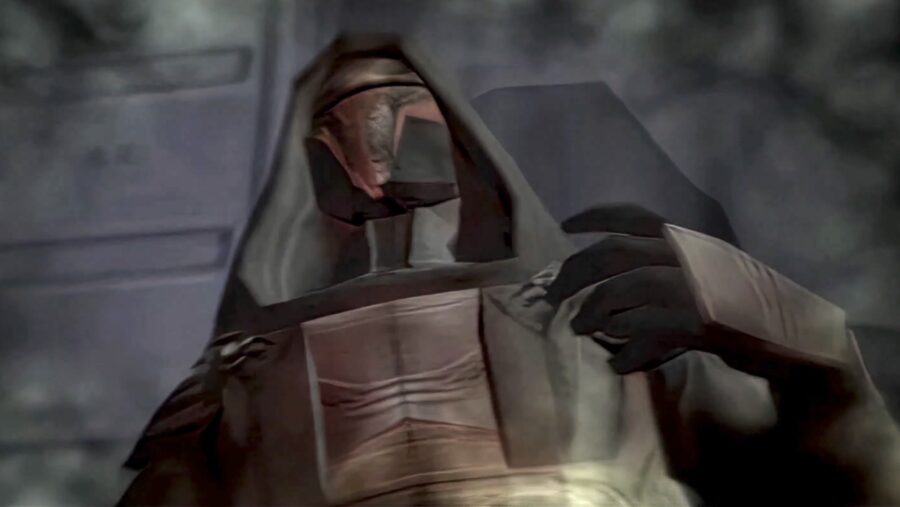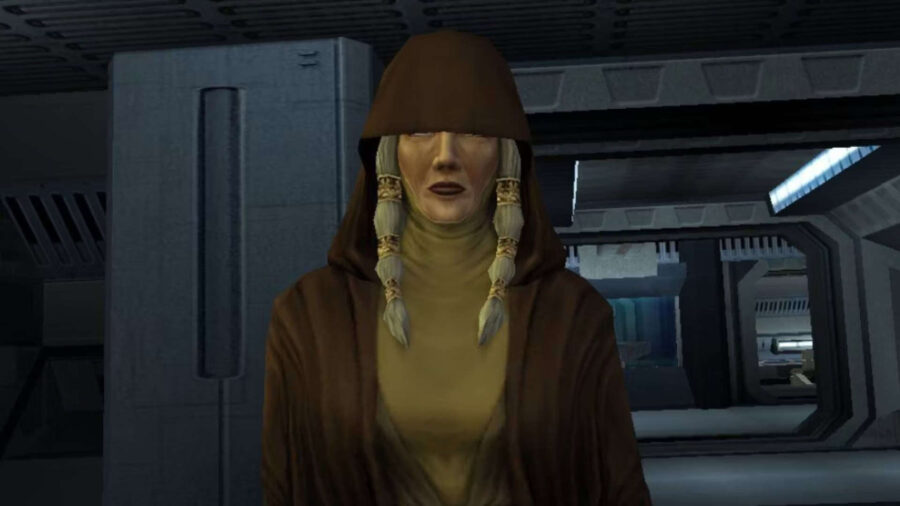

The Office of the Special Prosecutor (OSP) has cleared former President John Mahama of any bribery and wrongdoing following its investigation into the Airbus SE scandal that began in February 2020.
Briefing journalists on Thursday, August 8, 2024, Special Prosecutor Kissi Agyebeng said that following his investigation, he could not provide any evidence that John Mahama or any official received bribes from Airbus SE.
Consequently, the OSP found no evidentiary basis that Samuel Adam Foster, also known as Samuel Adam Mahama, Philip Shun Middlemerth and Lean Sarah Davies, acted as an intermediary of bribery between Airbus employees and former President John Mahama or any other official.
Furthermore, the OSP found no evidentiary basis that Samuel Adam Mahama, Philip Shun Middlerts and Lean Sarah Davies received payments from Airbus with the intent to bribe former President John Dramani Mahama or any other official.
In addition, the OSP found no evidentiary basis that former President John Mahama or any other official of Samuel Adam Foster, also known as Samuel Adam Mahama, Philip Shun Middlemerth and Lean Sarah Davies, paid bribes in connection with the government’s purchase Ghana was bombed by Airbus military transport aircraft,” he noted.
John Dramani Mahama, a former President and current flagbearer of the National Democratic Congress (NDC), was the Vice President at the time of the incident.
BACKGROUND SEARCH
A breakdown of the Airbus bribery scandal
Ghana purchased three military aircraft – C295 – from Airbus. The country received its first C295 in November 2011. The second aircraft was received in April 2012 and the third in November 2015.
John Dramani Mahama, a former President and current flagbearer of the National Democratic Congress (NDC), was the Vice President at the time of the incident.
It was argued at the time that the arrangements covering them were in line with the Ghana Armed Forces Strategic Plan 2009-2012.
All three purchases, which were approved by the Ghanaian parliament after fierce local disagreements, were flatly marketed by the then government as a drive to modernize the Ghana Air Force.
Financing for the purchase of aircraft
The first two C295s were financed via a loan facility from Deutsche Bank SAE in the amount of €60,034,636
Another loan of €11,750,000 million from Fidelity Bank Ghana Limited was approved by Parliament during the period under review for the acquisition of two DA42 MPP Guardian surveillance aircraft for the Ghana Air Force.
The House of Representatives also approved a total loan amount of $105,370,177.09 from the Brazilian Development Bank (BNDES) for the purchase of an Embraer E190 jet for the country. The Embraer contract included the corresponding spare parts and accessories as well as the construction of an aircraft hangar large enough to accommodate three large aircraft.
Before Parliament approved the loan agreements, Minority Leader Osei Kyei-Mensah-Bonsu described the deals as questionable and opaque, adding that the contract amounts had been increased by the government.
He famously produced figures from the Internet to support his claims, but was scorned for relying solely on Google to make such serious allegations of wrongdoing.
One of the C295s acquired under the contract supported United Nations-led missions in Mali. The remainder, the government said at the time, was purchased to support strategic operations by the Ghana Air Force, including surveillance of the country’s offshore oil fields, border patrols, pilot training and internal troop transport.
In November 2014, then President John Mahama had announced that Ghana intended to purchase additional military equipment, including five Super Tucanos, Mi-17s and four Z-9s, for the Ghana Air Force.
It was said at the time that Ghanaian troops relied heavily on civilian flights for their movements and needed military aircraft to address this anomaly. Despite criticism from the opposition, the government continued with the purchase agreements.
British court ruling
The recent ruling by the English Crown Court in Southwark appears to have revived earlier suspicions that the agreements surrounding the C295 in particular were corrupt. The January 21, 2020 decision approved a Deferred Prosecution Agreement (DPA) between the Serious Fraud Office and Airbus SE, a subsidiary of Airbus, after investigations uncovered massive bribery scandals involving the aircraft manufacturer in violation of the Bribery Act 2010 was involved.
English law allows the SFO to defer prosecution of an organization on the basis of an agreement between the SFO and one or more companies suspected of having committed economic crimes.
Such an agreement – (DPA) – requires a court seal of approval to become lawful and may even allow the offending institution to avoid prosecution altogether.
When deciding on such applications, the court takes into account, among other things, whether the data protection authority submitted to it is in the public interest or not.
In addition, the terms of the agreement must be fair, reasonable and proportionate.
In the present case, the court found that the data protection agreement was in the public interest and that the agreed terms met the criteria of fairness, reasonableness and proportionality.
The court held that criminal prosecution of Airbus would, among other things, result in massive job losses and adversely affect the company’s stock market performance in the short to long term.
Independent estimates suggest that Airbus could easily lose around £200 billion in the long term if the company were to be prosecuted immediately.
The ruling said SFO investigations found that Airbus – which has now agreed to pay over £3bn in fines – had engaged in schemes to bribe its way into lucrative contracts in countries such as Malaysia, Sri Lanka, Taiwan, Indonesia and Ghana.
French and US authorities have also found similar evidence of suspected bribery of Airbus officials and/or their representatives in other countries, including Russia and China.
In the Ghana case, the Crown Court ruling highlights cases in which Airbus officials are alleged to have either bribed or agreed to bribe intermediaries with close ties to a senior state official as part of a scheme to obtain and/or maintain government contracts influenced the country’s aircraft purchase plans between 2011 and 2015.
No names were mentioned in the court documents, but the time frame given in the judgment covered some periods of the Mills-Mahama era.
The first bribe payment agreement in Ghana involved approximately 5 million euros disguised as a commission to an intermediary – “Intermediary 5” – hired by Airbus to promote its proposal to sell two C295 aircraft to Ghana , to move forward. Finally, due process tests took place. The dubious agreements were uncovered and no money was paid out.
Ultimately, due process audits uncovered the dubious arrangements and no money was paid out.
Subsequent approaches by Airbus were successful and resulted in Ghana purchasing three C259 aircraft at different times through the multinational’s Spanish defense subsidiaries.
The deals were arranged through a series of intermediaries led by “Intermediary 5,” said to be an unnamed relative of a powerful Ghanaian official who was at the material time in a decision-making position over the proposed aircraft purchase agreements.
However, after an internal investigation uncovered the connection between Intermediary 5 and the unnamed senior Ghanaian government official, the parties hatched a plan to conduct the transaction through a third-party company of Spanish origin with which the company had not previously done business in Ghana.
The Spanish company was presented as an intermediary in the proposed aircraft purchase agreements, when in reality it was only included in the agreements in order to avoid due diligence obligations and give the transaction in question a clean bill of health. After completing the deal with Ghana, which initially involved the sale of two aircraft, Airbus or its representatives relied on false statements and documents to pay bribes totaling almost 4 million euros to the Spanish third-party company, which in turn made the payments to the Agent 5 forwarded.
The payments were disguised as commissions on the contract amount. The Spanish third-party company withdrew from a later contract that gave Ghana its third C259 aircraft. This came after Airbus hired an external consultant to conduct due diligence. Intermediary 5’s later claim that Airbus owed him around 1.6 million euros under the contract for the third C295 was not upheld.
The DPA does not mean that Airbus and its officials are immune from prosecution for the alleged crimes.
Under English law, the SFO has the power to prosecute Airbus in due course if it is satisfied that the company has failed to comply with the terms of the court-approved DPA.
In fact, the ongoing investigation means that the SFO may refrain from prosecuting the aircraft manufacturer given its past cooperation with Airbus, but once the investigation is complete it may take criminal action against the people who actually paid or received the bribes in question.
Such a move is likely to involve the intermediaries in Ghana and related persons. In such a case, the SFO may rely on the Mutual Legal Assistance (MLA) provisions of English law to charge the relevant fees.
DISCLAIMER: The views, comments, opinions, contributions and statements made by readers and contributors on this site do not necessarily characterize the views or policies of LamarBlogspot. Please inform us of any inappropriate content so that we can prioritize it.
















